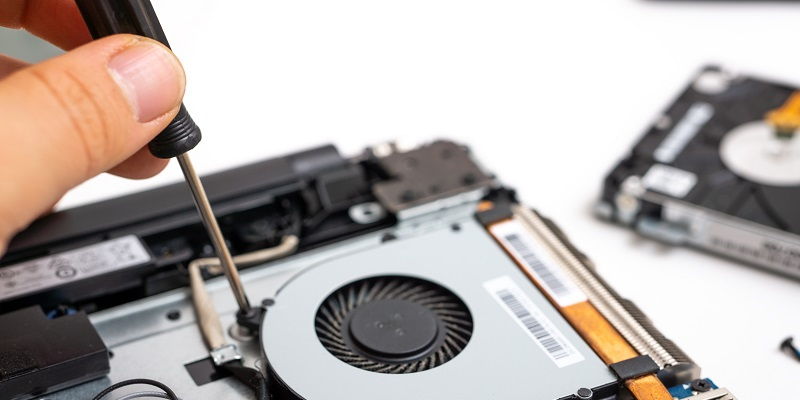Gigabyte, a renowned manufacturer of motherboards, has recently encountered an issue with their Intel 600 and 700-series motherboards failing to detect DDR5 memory. This problem has left several users frustrated and concerned about the performance of their high-end Gigabyte motherboards. In this article, we will delve into the user complaints, Gigabyte’s response, the impact of the issue, their proposed solution, and the disappointment felt by consumers regarding the company’s handling of the situation.
User complaints
The issue came to light when numerous users voiced their concerns on Baidu Forums, detailing the unexpected loss of DDR5 memory detection. These users specifically noted problems with Gigabyte’s Intel 600 and 700-series motherboards. The sudden halt in memory detection left many perplexed and seeking a solution to this frustrating predicament.
Consumer experience
One user shared their experience with Gigabyte’s Z790 Aorus Elite AX, where after multiple attempts, they managed to get the memory detected. However, alongside this success, they noticed incorrect memory timings and the absence of any warning signs prior to the issue emerging. This random occurrence of the problem added to users’ concerns about the stability and reliability of their Gigabyte motherboards.
Gigabyte’s response
Addressing the issue on their official AORUS Bilibili account, Gigabyte placed the blame on memory manufacturers for not including “SPD Write Protection.” They emphasized that the problem lies with these manufacturers rather than any fault within Gigabyte’s own hardware or software. While addressing the root cause, Gigabyte acknowledged the frustration faced by users and promised to provide a solution.
Impact of the issue
Fortunately, it has been clarified that this issue will not cause any damage to either the motherboard or the RAM. However, the bugs present within the SPD mechanism can interfere with the memory clock speed and capacities. This can result in performance issues and hinder the efficient functioning of the DDR5 memory.
Gigabyte’s solution
Gigabyte has taken steps to rectify the issue by providing users with a new version of GCC software and BIOS for their GA-D5 motherboards. By utilizing the latest version of GCC software and BIOS from the official website, users can avoid encountering this problem. The company strongly recommends that consumers install the new firmware and GCC versions to ensure stable performance, especially for their Intel 600 and 700 series motherboards.
Recommended actions for consumers
To assist users in resolving the DDR5 memory detection issue, Gigabyte has made the latest firmware versions and GCC software readily available on their official website. By updating their respective firmware versions, users can prevent such problems from arising in the future. It is highly advised that consumers take advantage of these updates to ensure optimal performance and avoid any potential complications.
Disappointment with Gigabyte
While Gigabyte has offered a solution to the DDR5 memory detection issue, it is disheartening to witness high-end Gigabyte motherboards falling prey to such problems. Consumers express disappointment in the company’s reputation and question its ability to provide the necessary security and support required by their customers. As a reputable manufacturer, it is crucial for Gigabyte to address issues promptly and offer robust solutions to uphold their image.
The lack of DDR5 memory detection in Gigabyte’s Intel 600 and 700-series motherboards has caused frustration among users. However, Gigabyte has responded to the issue by placing blame on memory manufacturers and offering a solution through the release of updated GCC software and BIOS versions. It is of utmost importance that users install these updates to ensure stable performance. Gigabyte’s reputation is at stake, and it is crucial for the company to prioritize consumer security and support in order to maintain consumer trust and satisfaction.

